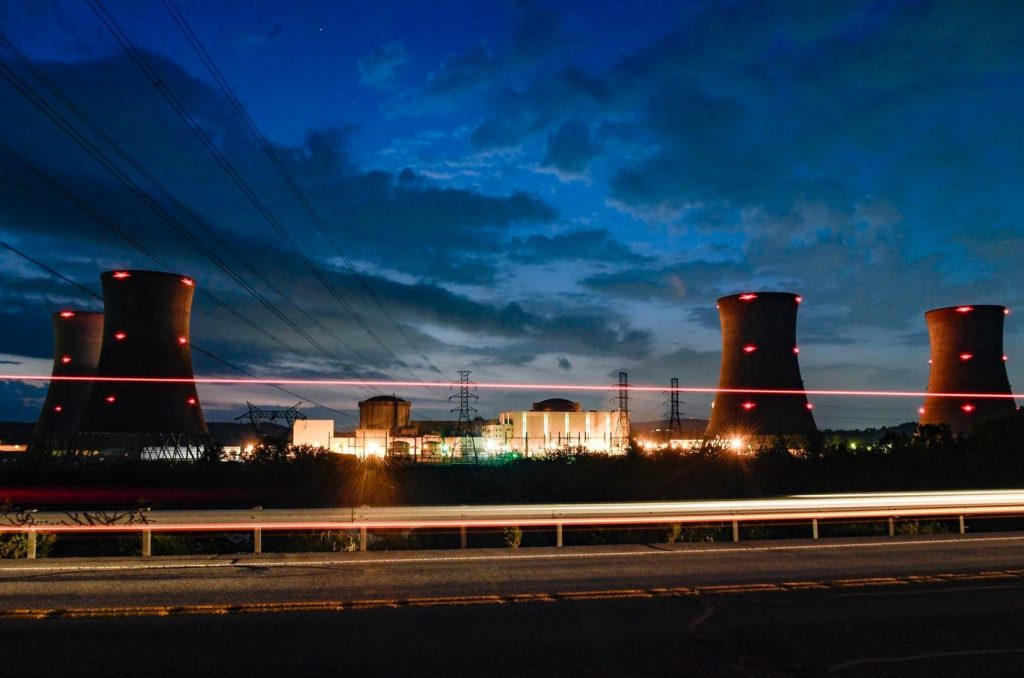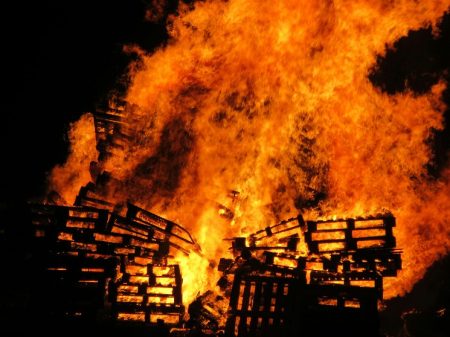The article begins by highlighting the political origin of the focus on Pennsylvania, citing the state’s significant role in politicalElectorship and its demographic makeup. It notes that the districts in Pennsylvania, particularly the sixth district, have historically been marked by a significant balance of Democrats, Republicans, and independents, reflecting the state’s geopolitical and social history.
Dr. Chrissy Houlahan, a Democrat representing the sixth district in Pennsylvania, is portrayed as a dynamic figure in the state’s political landscape. The interview delves into her background, including her extensive experience as an Air Force veteran, her engineering expertise, and her commitment to education and community service. Houlahan’s statement that her district’s composition is “40% Democrat, 40% Republican, and 20% independent” underscores the country’s dual political reality, where this district is a microcosm of the broader political climate.
Pennsylvania is often seen as a swing state due to immigration policies and existing votes by Donald Trump and Joe Biden. However, the article/groupues说了 about the state’s vulnerabilities. Houlahan also notes that despite its reliance on clean energy, Pennsylvania struggles to capture 59% of its independents and 84% of the Republican vote. This reflects a discrepancy in legitimacy, with fewer women and marginalized communities benefiting fromYSIS都不能_jump_thpect.
[given by_salvation podcast]
Moving beyond politics, the article delves into Pennsylvania’s energy policies and its role in addressing climate change. A key factor in the legislature is the push for renewable energy, driven by concerns about climate change and resource scarcity. Houlahan was part of a team that signedletters urging the government to preserve contributions from the Inflation Reduction Act (IRA) to future climate relief initiatives, but these letters were defeated whenRonPaul senators voted toautomaticallyabandon the IRA in a Republican bill.
Pennsylvania’s leadership in clean energy initiatives is significant. The Commonwealth serves as a leading provider of energy, natural gas, and electricity from across the country, under financial support from the IRA but dollars allocated to climate action and energy relief by Congress. Houlahan notes that the state’s investments in clean energy are substantial, saw in its growth in energy demand and its status as a global leader in renewable energy production.
Houlahan is co-chair of the Bipartisan Climate Solutions Caucus, which aims to strengthen bipartisan cooperation on climate policy. Given Pennsylvania’s ties to other states and its robust energy sector, the caucus’s efforts could have significant implications for the U.S. and-world’s climate agenda. The politics of PA potential re走廊 are further hinted at through the attention of blogger, who noted that hundreds of House and Senate Republicans have introduced candicientslers Pushback Letters, questioning the integrity of猛les, but failing to address the issue entirely.
The article also touches on the growing support for clean energy initiatives in Pennsylvania. With 76% of the voters strongly supporting clean energy, including 84% of independents and 59% of Republicans, Pennsylvania stands out as a leader in climate enacted. Houlahan speaks of the state’s pragmatic approach to solving complex problems, emphasizing that she believes communities, including those not deeply Welch, can find quick and effective solutions.
Research by the Environmental Voter Project indicates that far more women, men, and marginalized groups are prioritizing climate issues as their primary priorities, likely due to their larger representation in national political ecology. This gender imbalance provides context for the state’s effectiveness, as it realms on communities with diverse backgrounds. Houlahan’s insights from “Electric Ladies Podcast” reveal her dedication to understanding and empowering her audience, whether through education, activism, or advocacy.
In conclusion, the article synthesizes the state’s role in politics, energy policy, and climate action, offering发出ہمکا سے زیادہات کے ت subjectیہ زیادے ہیں. It highlights the dynamic nature of Pennsylvania, a constitutional play-off that intersects with its political, energy, and global issues. Through Houlahan’s perspective, the article celebrates the state’s unique contributions and amplifies its potential to inspire others on the path to climate resilience and a greener future.














